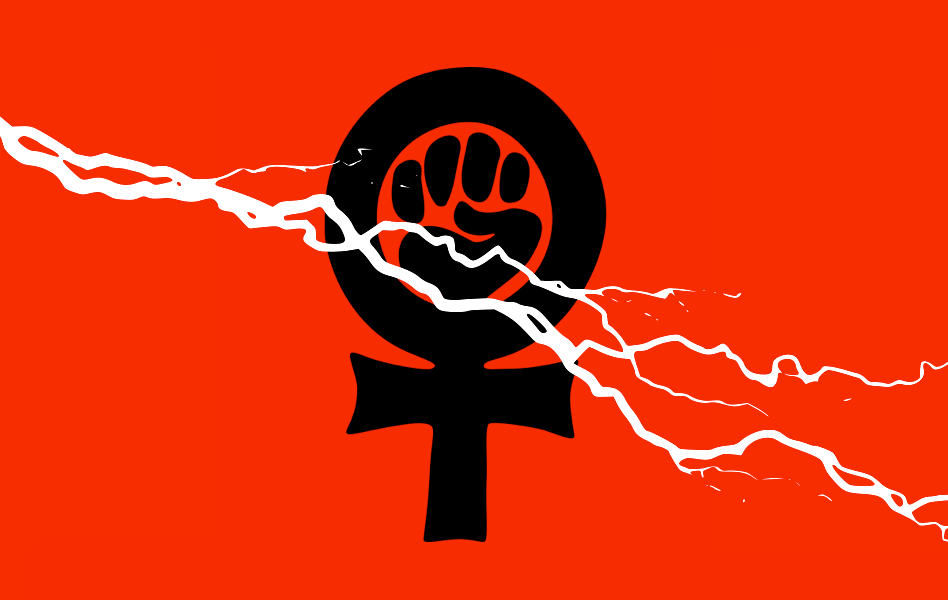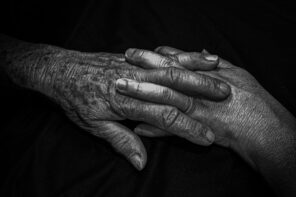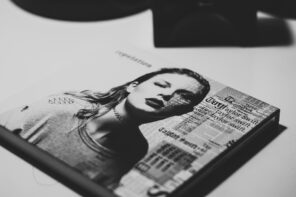Ah, feminism: an endless topic of debate both on and offline. Recently, I got my hands on a copy of The Power by Naomi Alderman, a story exploring the premise that women across the world develop the power to shoot electricity from their hands. Endorsed by Margaret Atwood, The Power will probably be considered a classic of feminist speculative fiction one day. In June 2017, The Power even won the Baileys Women’s Prize for Fiction.
The Power explores the fascinating idea of women gaining superpowers through multiple perspectives, showing the reader how a diverse group of people navigate the worldwide changes that follow. The main characters include Tunde, a Nigerian male journalist working to document this tidal change; Allie, a mixed-race foster child who became the leader of a religious movement; Jocelyn, a senator’s daughter with malfunctioning powers; and Roxy, the only girl born to a British drug lord. Alderman masterfully weaves all of these characters’ lives together, until they meet in the newly formed “women’s republic” of Bessapara for an explosive finale.
Endorsed by Margaret Atwood, The Power will probably be considered a classic of feminist speculative fiction one day.
Every time I sat down to read The Power, I was immersed in the flow of the story, barely even stopping to eat. Alderman did a fantastic job writing this novel, and she even made me cry a couple of times. There are some very heavy themes in the book, including a rape scene and graphic flashbacks to childhood sexual abuse, but if you can get past them, the rest of Alderman’s prose is very enjoyable.
The prologue and epilogue, written in the style of a humorous exchange between Naomi and “Neil,” a friend from the “Men’s Writers Association,” suggest that the reader is meant to view this novel as a piece of historical fiction, written from an unidentified point in the far future when women are clearly dominant over men. I did find them very cheeky and amusing, with a definite tone of British irony that made me smile.
But, the more I thought about the implications of this kind of framing, the more I became concerned. Don’t get me wrong, it is very attractive to imagine a world in which I’m not scared to walk alone at night. Still, this mirror image way of presenting the power dynamic between genders ultimately gives a very bleak vision of the future; the world goes from patriarchal to matriarchal, and the women in the story seem to behave just as badly as the men in power do in our society and throughout history.
The women in the story seem to behave just as badly as the men in power do in our society and throughout history.
Even in a speculative novel in which women are given some form of power, it is impossible to have a balance between the genders. One must dominate the other, and this narrative somehow reinforces the idea of a strict gender binary. As long as there is power, there must be someone to abuse it. I understand where Alderman is coming from, but the idea that there is no hope of equality or at least somewhat fair power balance is ultimately a very depressing outlook for a story that is meant to empower women.
Although The Power is a work of speculative fiction, it is valuable to think about what stories like this can mean for the feminist movement as a whole: they certainly can play an empowering role for women, but they also play into certain stereotypes and fears. I have already seen enough “rabid feminist” and “misandrist” cartoons for one lifetime, and it kind of feels like this type of story ends up reinforcing the stereotype that feminists actually want women to take over the world.
I also feel like Alderman plays into stereotypes by having women instantly become more aggressive and act like men once they get a bit of physical power.
As a feminist, I also feel like Alderman plays into stereotypes by having women instantly become more aggressive and act like men once they get a bit of physical power. It is unclear if some women are deliberately trying to imitate men, or if this is a “natural” kind of dominance. Either way, the implications of such thinking can quickly become problematic.
In the end, reading The Power as a feminist work and comparing it to some of the current feminist discourse can create some friction. The book remains trapped in a binary view of gender that’s quite passé, despite its intersectionality. It’s fine to imagine a world where women can have unique power, but if we still can’t imagine a world in which men and women can be equal and people aren’t so concerned with gender, then maybe feminism has more work to do than I anticipated.








